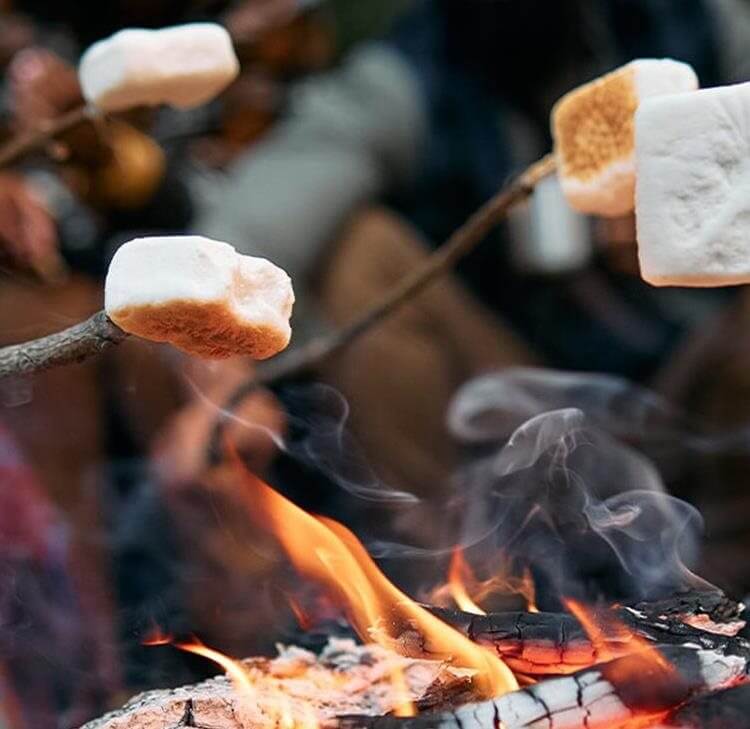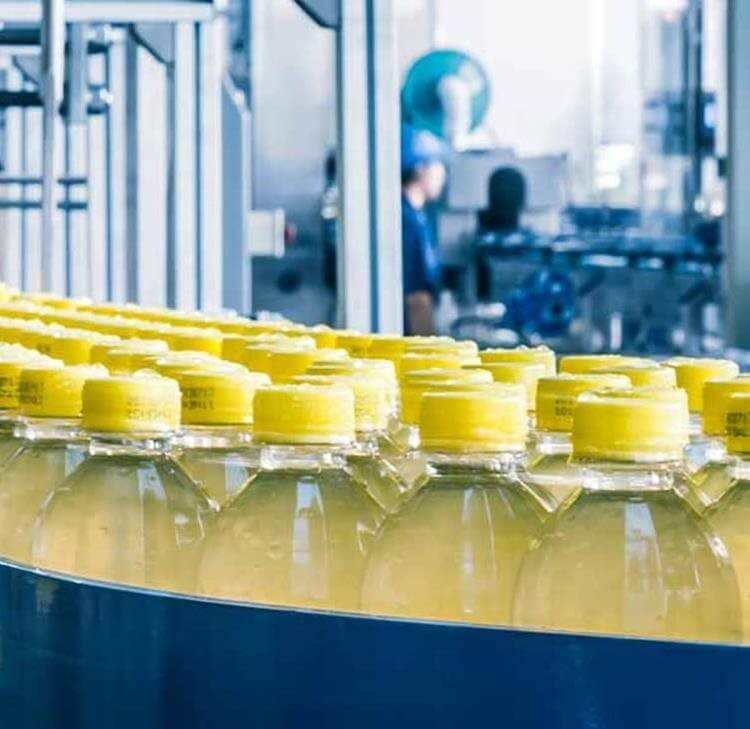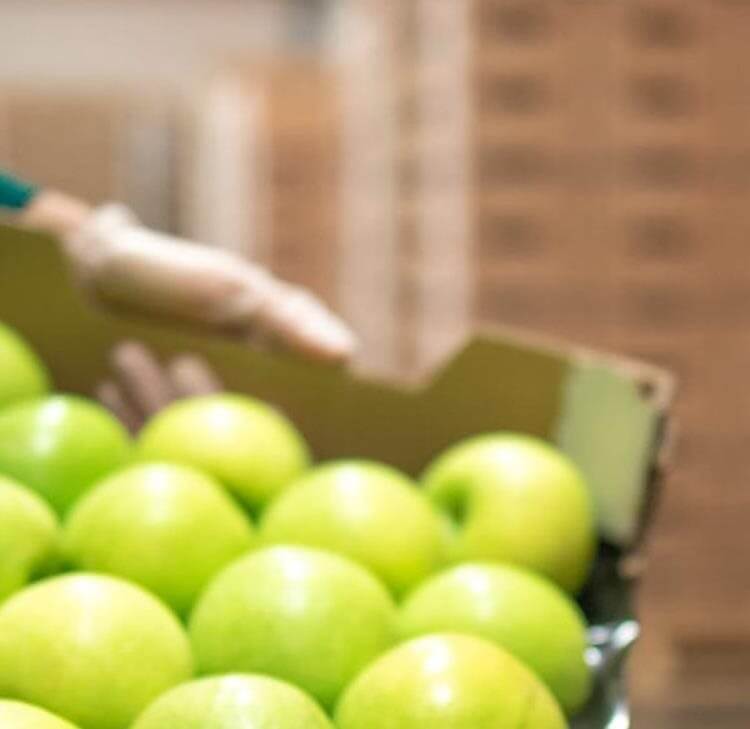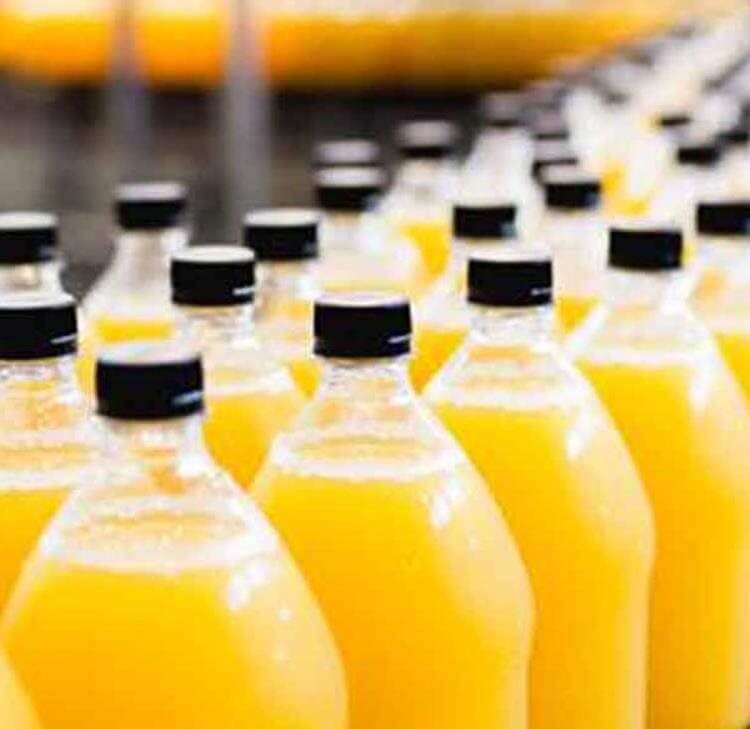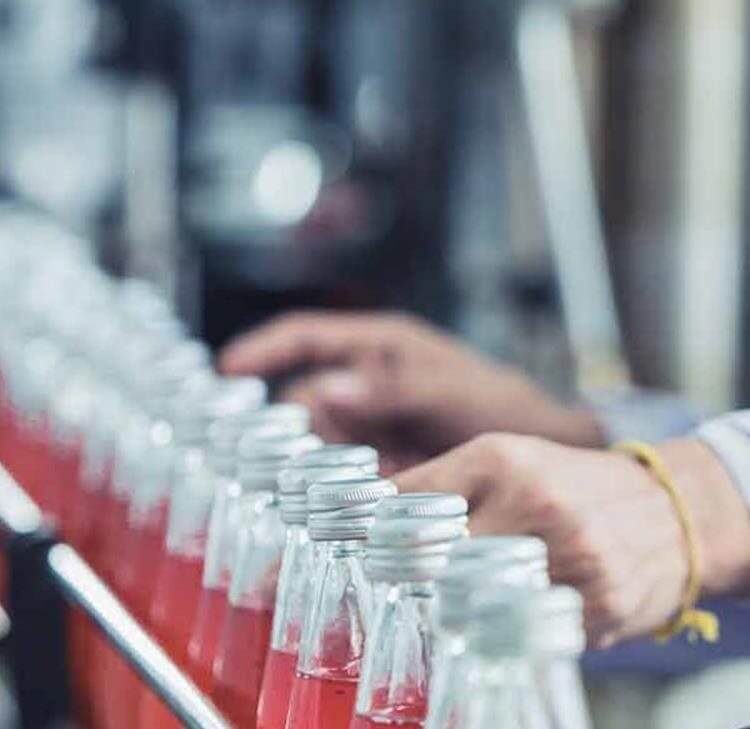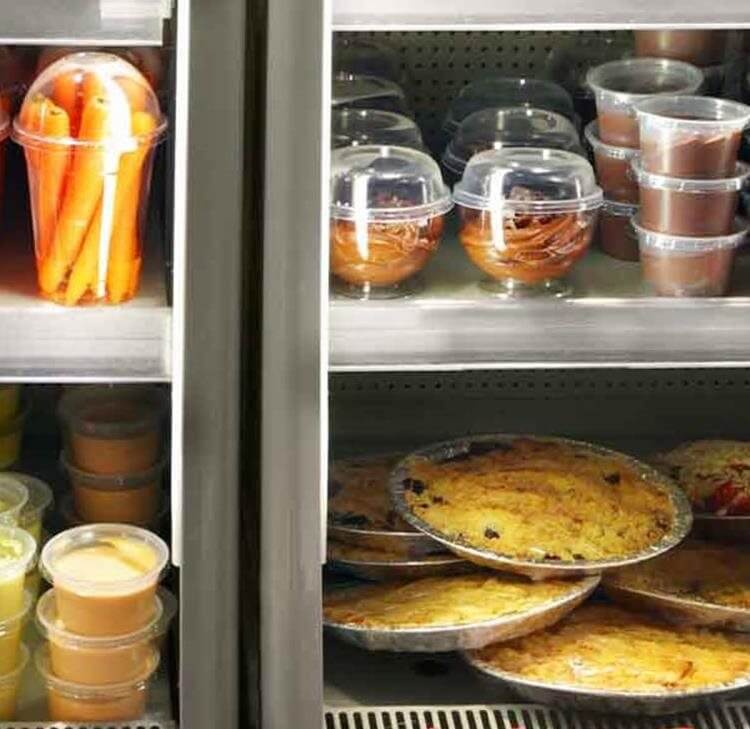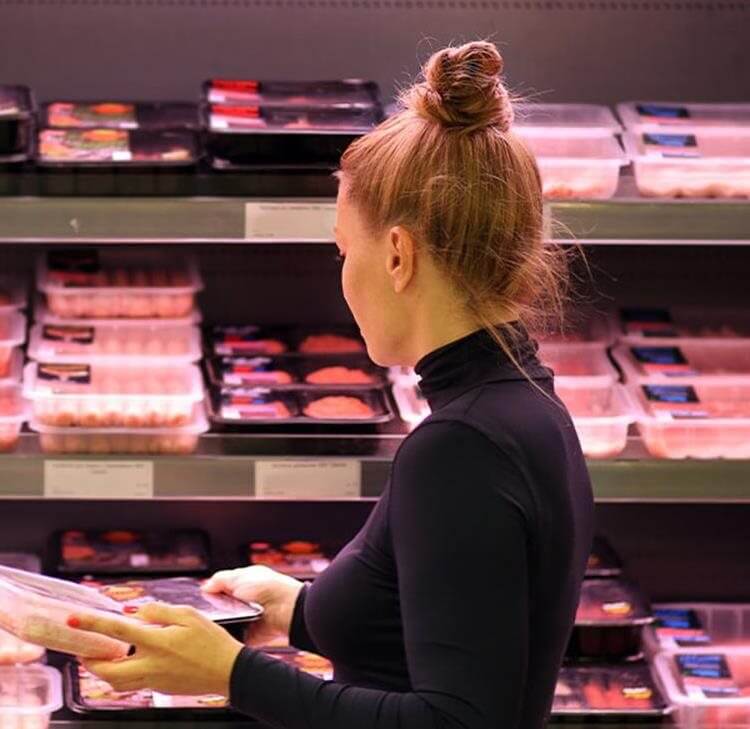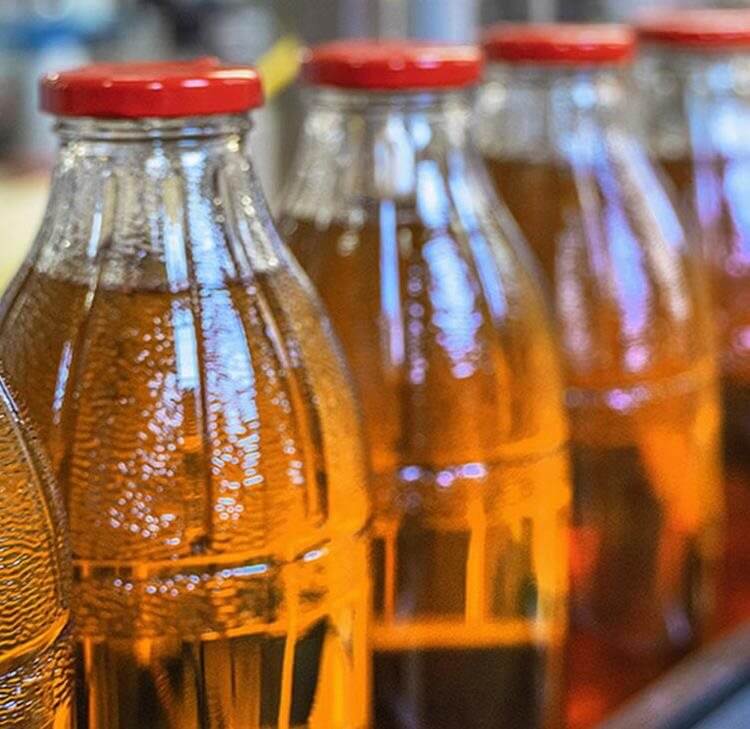This year, the UK Intellectual Property Office (UKIPO) found that Alcohol Change UK (ACUK) could not prevent third parties from using the phrase “Dry January” in respect of certain goods and services.
ACUK, a charity that campaigns against alcohol abuse, first registered the below logo for its “DRY JANUARY” campaign as a trade mark in 2013. They successfully obtained protection for, amongst other things, promotional material, merchandise, fundraising services, and education services relating to alcohol.
The charity sought to extend its trade mark protection in 2020 by filing for the words “DRY JANUARY” (absent any logo or stylisation) in respect of, amongst other things, non-alcoholic drinks, advertising and marketing services in relation to food and drink and services for the provision of food and drink.
Big Drop Brewing (BDB), a manufacturer of alcohol-free beer, opposed the application before the UKIPO asserting that the term was already widely used and could not be afforded trade mark protection because (i) it was incapable of distinguishing the goods/services of one undertaking from those of another (i.e. it could not perform the primary function of a trade mark); (ii) it was not distinctive (iii) it was descriptive of the goods/services; (iv) it had become customary in relation to the sale of non-alcoholic and low-alcoholic beverages; (v) registration would result in ACUK having an unfair monopoly over the phrase; and (vi) BDB had earlier rights in the phrase as a result of using it in relation to no and low alcoholic drinks since 2016.
Despite finding that the trade mark had been filed in good faith, the UKIPO found that the mark was prima facie objectionable as a trade mark on the basis that it was non-distinctive and descriptive. The UKIPO considered the term “apt to signify a period of abstinence from alcohol in January: to have a dry January” and as a result it had become customary language in relation to non-alcoholic drinks. ACUK failed to satisfy the tribunal that the mark had become distinctive through use and ACUK was ordered to pay a contribution to BDB’s costs.
As ‘Dry January’ comes around again, and in light of the recent shift towards no and low alcoholic drinks this is a useful reminder to food and drink manufactures of the challenges of obtaining trade mark protection for commonly used phrases that have become generic within the food and drink industry. This also serves as a reminder of the tightrope that must be walked between protecting genuine interests of brands and protecting all industry players from the unfair monopolisation of descriptive and generic terms.
Contents
- Dry January 2025: Legal considerations for manufacturers, hospitality and retailers
- Sobering thoughts: A look at the alcohol-alternative ad rules
- Rising demand for low and no alcohol alternatives: UK’s growing market and the challenges ahead
- Dry January and its regulatory implications: A sobering perspective
- Dry January: Effects on the real estate and hospitality industry
- Considering the growing trends of mindful drinking
- Festive without the spirits: Embracing inclusivity at Christmas and social parties




